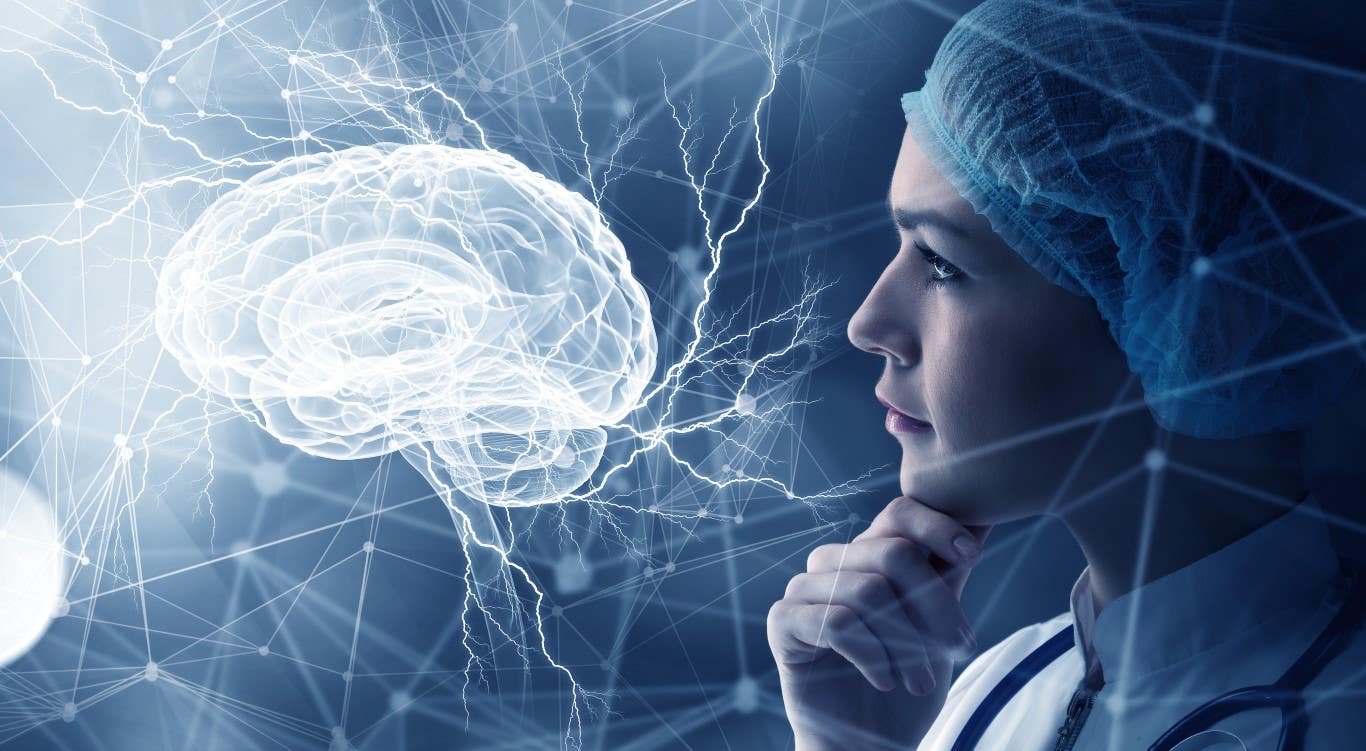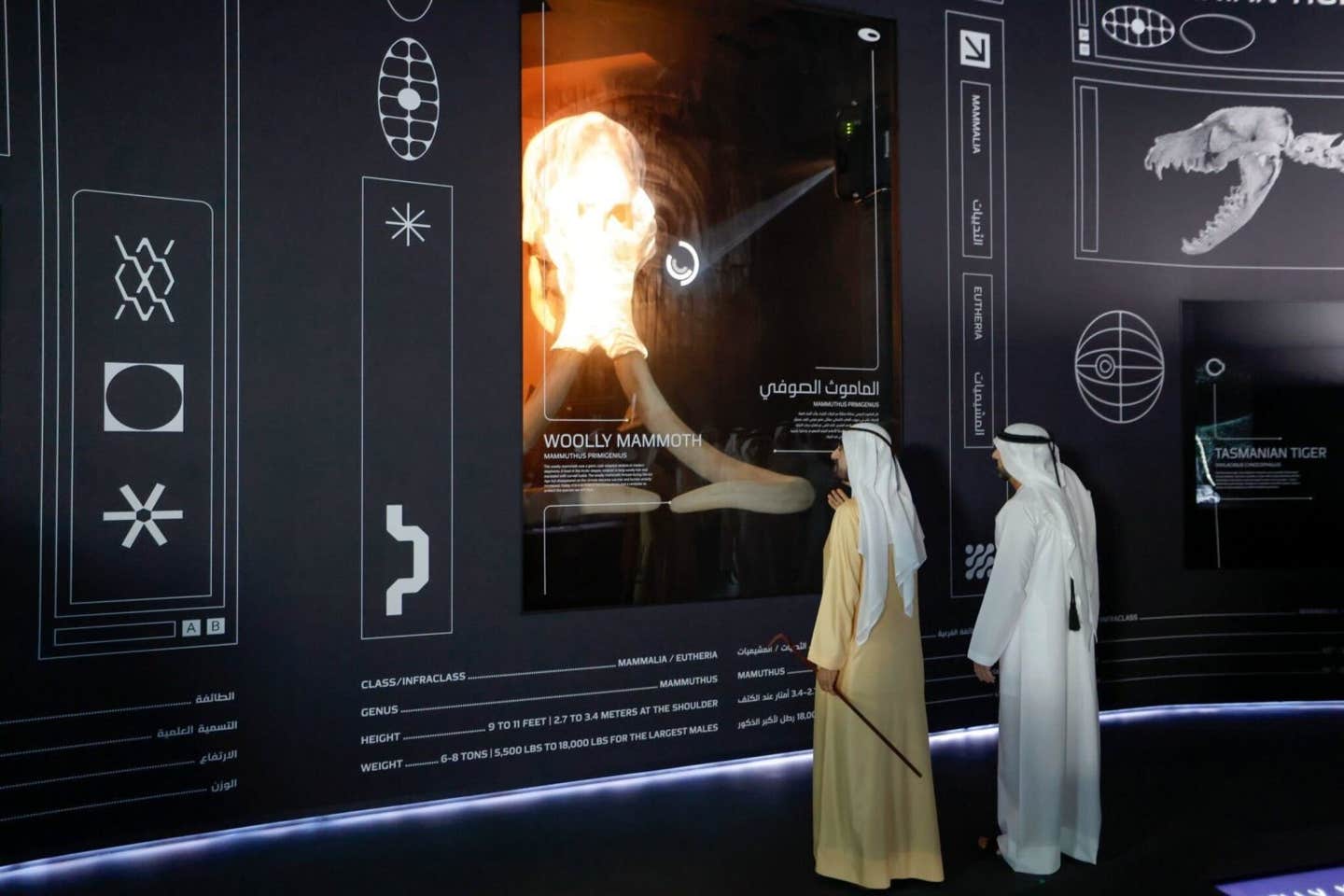Can our brains actually ‘rewire’ themselves to compensate for loss?
Science challenges the accepted notion that the brain can reorganize and repurpose specific regions for new functions in response to injury

[Nov. 29, 2023: JJ Shavit, The Brighter Side of News]
Scientists challenge the accepted notion that the brain can reorganize and repurpose specific regions for new functions in response to injury. (CREDIT: Creative Commons)
Contrary to the commonly-held view, the brain does not have the ability to rewire itself to compensate for the loss of sight, an amputation, or stroke, say scientists from the University of Cambridge and Johns Hopkins University.
In a groundbreaking study published in eLife, Professors Tamar Makin (Cambridge) and John Krakauer (Johns Hopkins) challenge the widely accepted notion that the brain can reorganize and repurpose specific regions for new functions in response to injury or deficit.
The concept that the human brain possesses an innate ability to adapt, overcome, and rewire itself in the face of adversity has long fascinated scientists and the general public alike. This idea, often referred to as brain plasticity, has been touted as the source of incredible tales of individuals with extraordinary abilities, such as blind individuals developing seemingly superhuman echolocation skills or stroke survivors miraculously regaining motor functions they thought were lost forever.
Language is processed bilaterally. An example of a functional MRI (fMRI) activity map acquired during a language processing task (sentences versus nonwords contrast) in a typically developed individual. The prefrontal language areas are highlighted for emphasis. While the activity is stronger in the left hemisphere (commonly recognised as language-dominant), activity is also very clearly present in the homologous areas in the right (non language-dominant) hemisphere. (CREDIT: eLife Sciences)
However, Professors Makin and Krakauer assert that this captivating narrative is, in fact, fundamentally flawed. They argue that the brain's capacity to adapt is not equivalent to a complete overhaul of its neural architecture. Instead, it involves harnessing latent capabilities that have existed since birth. In their groundbreaking article, the researchers scrutinize ten seminal studies that purport to demonstrate the brain's ability to reorganize itself.
Deconstructing the Myth of Brain Rewiring
One of the pivotal studies examined in their research, conducted in the 1980s by Professor Michael Merzenich at the University of California, San Francisco, explored what happens when an individual loses a finger. According to Merzenich, when a finger is amputated, the brain's representation of that finger is redistributed to neighboring fingers. This theory, which suggests that the brain rewires itself in response to changes in sensory input, has been widely accepted for decades.
Related Stories
However, Professor Makin's research challenges this hypothesis. In a study published in 2022, she employed a nerve blocker to mimic the effects of amputation on the forefinger in her subjects. Her findings revealed that even before amputation, signals from neighboring fingers were already mapped onto the brain region associated with the forefinger. In essence, this region was not exclusively responsible for processing signals from the forefinger but had the capacity to handle signals from other fingers. Amputation merely intensified the existing signals from the remaining fingers in this brain region.
According to Makin, "The brain's ability to adapt to injury isn't about commandeering new brain regions for entirely different purposes. These regions don't start processing entirely new types of information. Information about the other fingers was available in the examined brain area even before the amputation, it's just that in the original studies, the researchers didn't pay much notice to it because it was weaker than for the finger about to be amputated."
Another compelling counterexample cited by Makin and Krakauer pertains to a study involving congenitally deaf cats. In this study, the auditory cortex, responsible for processing sound, appeared to be repurposed to process vision. However, when these deaf cats were fitted with cochlear implants, their auditory cortex immediately resumed processing sound. This finding suggests that the brain had not genuinely rewired itself, but rather, it had retained the capacity to process sound.
Stroke to the barrel cortex in mice unmasks existing latent functions but does not result in circuit reorganisation. An illustration of whisker remapping in somatosensory barrel cortex post-stroke. (CREDIT: eLife Sciences)
Upon examining various studies, Makin and Krakauer found no compelling evidence to support the claim that the visual cortex of individuals born blind or the uninjured cortex of stroke survivors ever developed entirely new functional abilities that did not previously exist.
The researchers do not dismiss the remarkable stories of blind individuals navigating based solely on hearing or stroke survivors regaining motor functions. Instead, they propose an alternative perspective: the brain enhances or modifies its pre-existing architecture through repetition and learning.
Understanding the true nature and limits of brain plasticity is of paramount importance, both for setting realistic expectations for patients and guiding clinical practitioners in their rehabilitative approaches, assert Makin and Krakauer.
Artificial rewiring of retinal inputs into the ferret’s developing auditory thalamus. (CREDIT: eLife Sciences)
Makin emphasizes, "This learning process is a testament to the brain's remarkable—but constrained—capacity for plasticity. There are no shortcuts or fast tracks in this journey. The idea of quickly unlocking hidden brain potentials or tapping into vast unused reserves is more wishful thinking than reality. It's a slow, incremental journey, demanding persistent effort and practice. Recognizing this helps us appreciate the hard work behind every story of recovery and adapt our strategies accordingly."
While the notion of the brain's ability to magically reassign its resources has been described as "miraculous" in the past, Makin and Krakauer remind us that these remarkable achievements are rooted in hard work, repetition, and training. The brain's true strength lies in its capacity for adaptation and the harnessing of latent abilities, dispelling the myth of wholesale brain rewiring once and for all.
Note: Materials provided above by The Brighter Side of News. Content may be edited for style and length.
Like these kind of feel good stories? Get the Brighter Side of News' newsletter.



